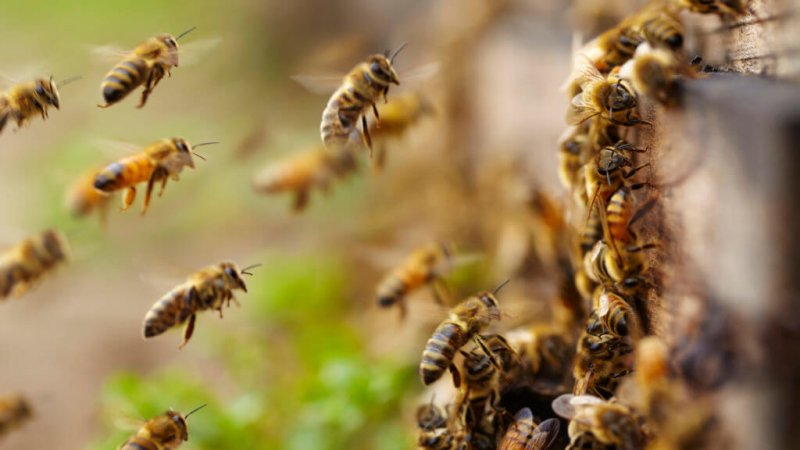Another food retailer has announced a plan to minimize its use of pesticides in a bid to help protect pollinators, at least in the U.S. Aldi is to ‘encourage’ its food suppliers to phase out the use of neonicotinoid pesticides.
The aim of Aldi’s policy is for its providers of fruits, vegetables, and flowers to move away from chlorpyrifos and neonicotinoid pesticides, and to use alternatives that are less toxic to pollinators like bees.
…
As Digital Journal has reported, neonicotinoids (often abbreviated to ‘neonics’) are a type of neuro-active insecticide. Neonicotinoid -based pesticide use has been linked in a range of studies to adverse ecological effects, including honey-bee colony collapse disorder and a loss of birds (which is a further sign of a fall in pollinator populations). Chlorpyrifos are a class of organophosphate pesticide and these are regarded as similarly toxic to all insects and the indiscriminate of such chemicals use will harm bees.
[Editor’s note: Read Rethinking the pesticides–neonicotinoids–bee health crisis narrative: Why the media get it wrong to learn more.]
…
[R]etail corporation Costco had issued a similar request to its suppliers of garden plants …. Walmart and True Value were to cease the selling of plants treated with neonicotinoids. Similar action has also been taken by Kroger.Read full, original article: Aldi supermarkets announce bee protection plan































